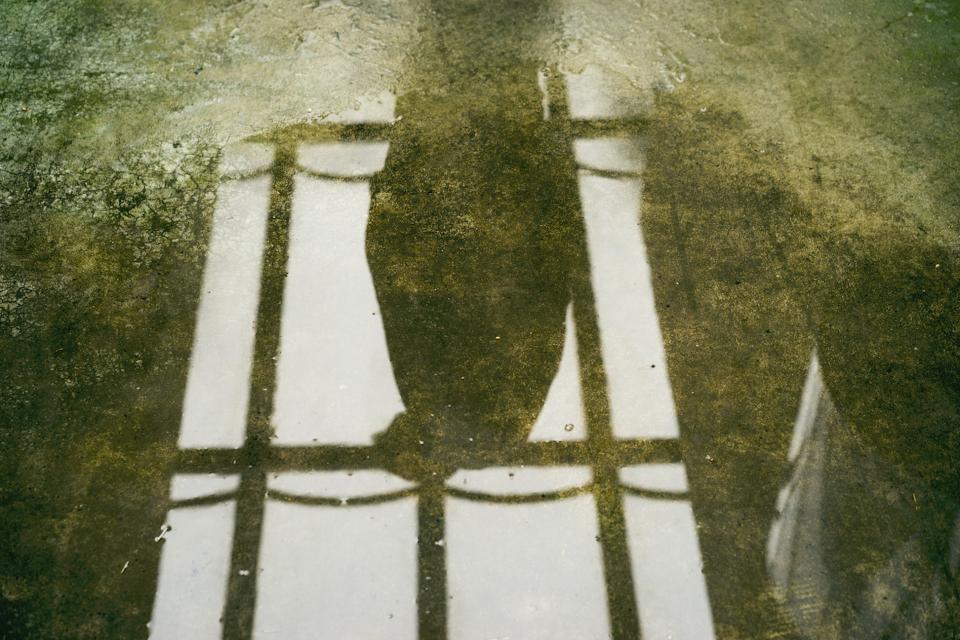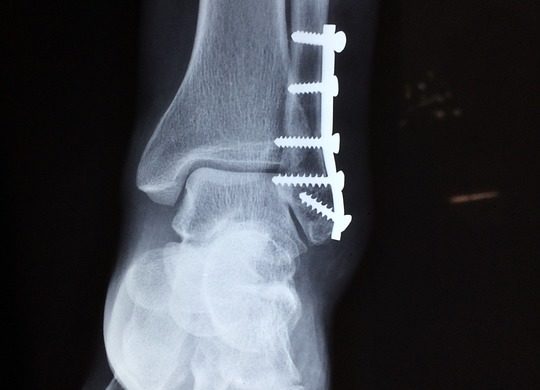Business and private property owners in Pennsylvania are legally bound to ensure that their properties are safe for visitors. Generally, when injured on another property due to the owner’s negligence, the owner can be liable for a person’s injuries depending on whether the injured person is an invitee, licensee, or trespasser. These three classes of visitor require the property owner to have different levels of duty of care to the injured party. Therefore, a property owner may be negligent if they don’t follow through with the appropriate level of care, and their negligence resulted in an injury.
What is an Invitee
An invitee is someone who enters public or private property for the financial benefit of the property owner. If you were on the property to conduct business, shop, or for other financial purposes that benefit the owner, the law considers you an invitee. An invitee is owed the highest duty of care by a property owner and is someone who has implied or express permission to enter the property for business or social reasons.

In the case of invitees, owners must routinely inspect their property for dangerous and defective conditions. They must fix any hazards or otherwise exercise reasonable care to protect invitees against the danger. If the danger cannot be repaired than an invitee must be warned of any known dangers. An invitee can be a customer visiting an auto shop, a person going to church, or a friend coming over for dinner.
The owner will be liable for your injuries if you can show that 1) the owner knew or should have known about the danger, 2) was negligent in either warning you about it or repairing it, and 3) you were injured as a result.
What is a Licensee
A licensee is anyone who enters a property under authority of the law (i.e. police, firefighters, emergency responders). A licensee also includes guests invited to the property for reasons that do not financially benefit the property owner. Property owners owe licensees a lesser degree of care than invitees. The owner has a duty to warn licensees of known dangers that the owner is aware of and knows that licensees are unlikely to discover on their own. However, owners do not have to inspect the premises for dangerous conditions or to address/repair the hazards. Examples of licensees include friends, family, or neighbors invited to the house or visiting.
As a licensee, a visitor can hold the owner liable if they prove that 1) the owner knew about the hazard, 2) did not warn you about it, and 3) you were unaware of the presence of the dangerous condition.
What is a Trespasser

A trespasser is anyone who enters another’s premises without the owner’s permission. Therefore, a visitor who has not been invited or approved to visit the property is a trespasser. While a home or business owner doesn’t have a legal obligation to protect trespassers from harm, they are also not allowed to purposefully cause harm or injury to a trespasser. In addition, if a property owner knows that the property has frequent trespassers, they may be liable if they create a hazard that is meant to cause harm or death if the hazard is hidden from trespassers and the owner failed to reasonably warn trespassers of the hazard.
Children present an exception to the trespasser rule. Children are often unaware of the dangers around them and may enter a property to explore what are called “attractive nuisances.” Examples of attractive nuisances include swimming pools, machinery or other Anuisances@ that might attract children. Owners must take steps to prevent harm to children by limiting access to hazards or removing them entirely.
The Thistle Law Firm is experienced at handling claims involving injuries on another’s property due to unsafe hazards with that property. If you believe that you or a family member suffered an injury on a business property or someone’s home, speak to Thomas Thistle at the Thistle Law Firm to answer your questions at 215-525-6824.

